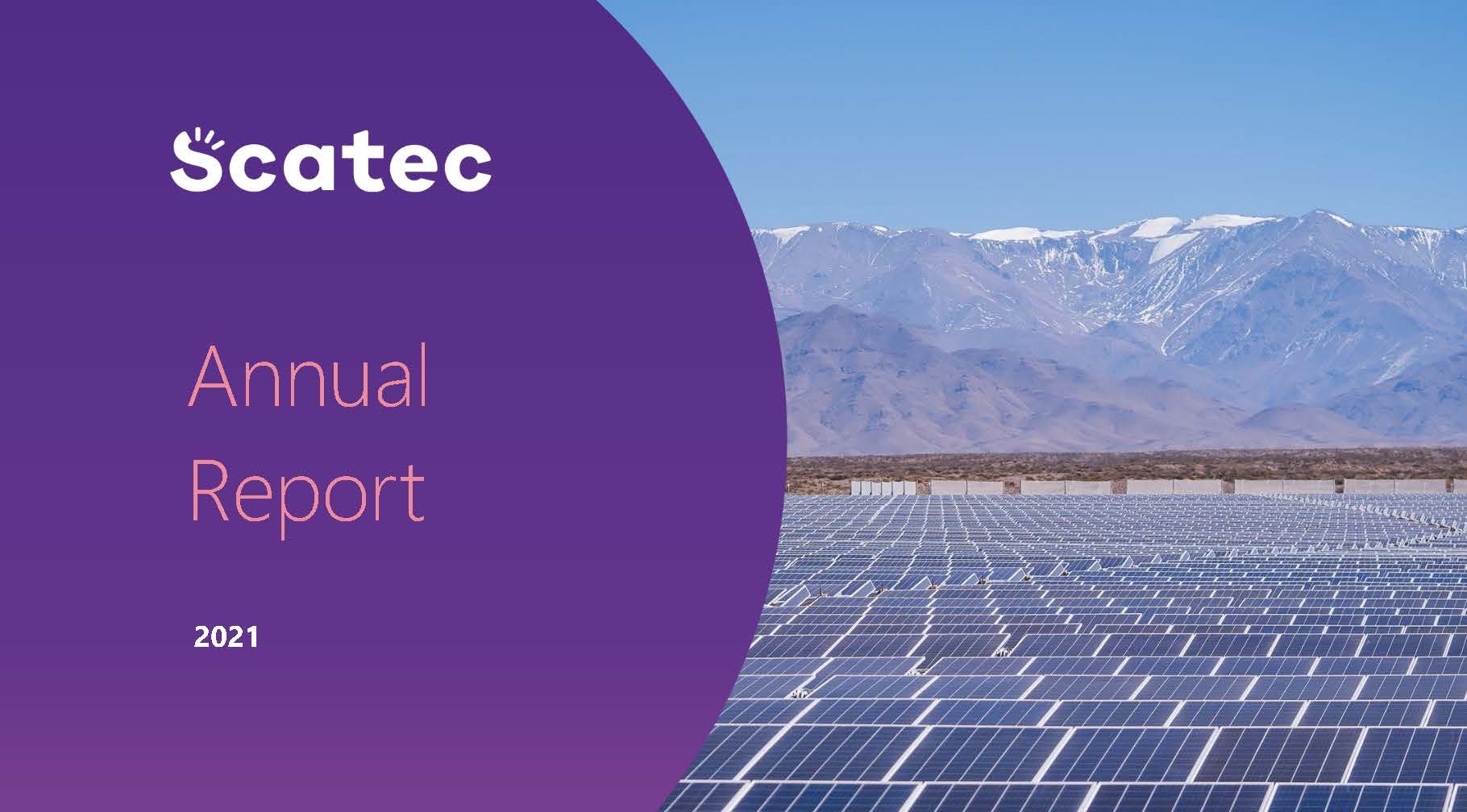Reports

The world is facing a stark challenge: the 1.5 degree goal of the Paris Agreement, which requires rapid transformation of all industries but especially energy production, which accounts for approximately 70 per cent of total global emissions. This global energy transition requires attractive incentives from governments, clear direction from global leaders, and widespread collaboration between multiple players.
To achieve the goal of net zero emissions by 2050, 85 per cent of the world’s energy production will have to come from renewable energy, according to BloombergNEF, which will require total investments of USD 150 trillion in total.
By 2030, this means annual global installation of some 500 gigawatts (GW) of wind power, more than 450 GW of solar PV power, and about 240 GW of batteries.
In addition to the environmental perspective, demand for renewables is also driven by economical and geopolitical factors. The relative competitiveness of renewables has strengthened
over time compared to conventional energy and is now the most cost-efficient source of energy in many locations and particularly in emerging economies. Authorities in many countries are also seeing the benefit of not relying on imported fossil fuels given price volatility and geopolitical unrest. Emerging economies will be fundamental in this transition, in which accelerating demand for new renewable energy will be driven by high economic growth, rapidly increasing populations, and improving living standards, in combination with initiatives to reduce the use of fossil fuels.
Beyond renewable energy, there is a growing need to accelerate the decarbonisation of hard-to-abate industries through Power-to-X solutions such as the production of green hydrogen,
ammonia, and other critical feedstocks powered by renewable energy. Industry analysts forecast that global demand for green hydrogen and green ammonia will reach 550 million tonnes and 200 million tonnes respectively by 2050.
Emerging economies with attractive renewable resources and strategic locations close to end markets are expected to take the lead in this development and become large producers and exporters of green hydrogen and green fuel in the years to come.
Renewables must be deployed with respect for nature and social inclusion and in close cooperation with society as a whole. The impact of renewable power plants on biodiversity and local communities needs to be understood and minimised, and economic development and job creation are essential in order for renewable deployment to gain support.
This is the context for Scatec’s strategy.
